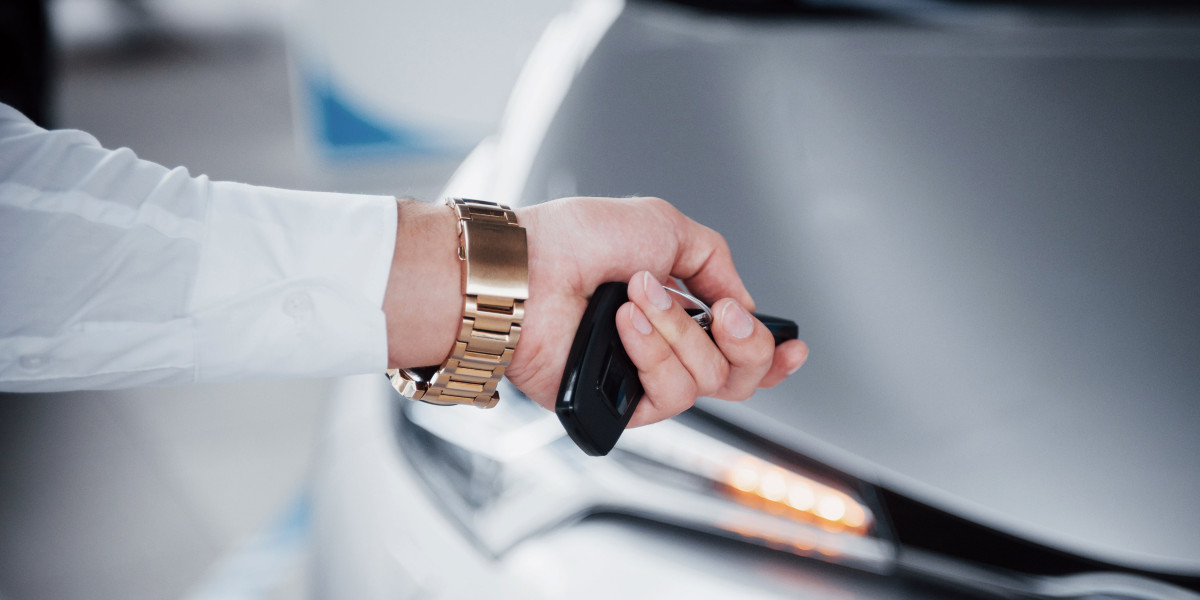Getting a Replacement Key for Your Car: A Comprehensive Guide
Losing or harming a car key can be a discouraging experience, however fortunately, acquiring a replacement key does not need to be overwhelmingly complicated. In this helpful guide, we will detail the numerous steps, options, and factors to consider involved in getting a replacement key for your car.
Understanding Car Keys
Before diving into the replacement procedure, it is vital to comprehend the different kinds of car keys available. Here's a brief summary:

| Type of Car Key | Description |
|---|---|
| Standard Key | A standard metal key that mechanically opens and starts the vehicle. |
| Transponder Key | A key with a chip that communicates with the car's ignition system for included security. |
| Key Fob | A remote gadget that enables keyless entry and may include functions to begin the vehicle from a range. |
| Smart Key | A distance key that makes it possible for the motorist to unlock and begin the car without physically using the key. |
| Valet Key | A restricted key that permits minimal access to the vehicle, mainly for valet services. |
Comprehending the type of key you have is essential in determining the process of getting a replacement.
Steps to Get a Replacement Car Key
If you find yourself in requirement of a replacement car key, follow these steps to browse the process effectively:
1. Determine the Type of Key
- Identify whether you have a traditional key, transponder key, key fob, or smart key. This information will influence the replacement treatment.
2. Inspect Your Insurance Policy
- Review your auto insurance coverage to see if it covers key replacement. Some policies use this benefit, which might save you time and money.
3. Contact Your Car Dealership
- Connect to your car's car dealership, particularly for newer cars that utilize innovative key innovation.
- Be prepared to offer your vehicle recognition number (VIN), proof of ownership, and perhaps your vehicle registration.
4. Go to a Locksmith
- Think about visiting a professional locksmith who has experience with automotive keys.
- Lots of locksmith professionals can develop and set transponder keys and key fobs at a lower expense than dealers.
5. Make Use Of Online Services
- Some services concentrate on automotive key replacement and may provide online help.
- Beware and ensure that you select a respectable company.
6. Expense Considerations
- Understand the prospective costs included in getting a replacement key. Below is a basic expense price quote based on key type:
| Key Type | Estimated Cost Range |
|---|---|
| Standard Key | ₤ 2 - ₤ 5 |
| Transponder Key | ₤ 50 - ₤ 200 |
| Key Fob | ₤ 100 - ₤ 600 |
| Smart Key | ₤ 200 - ₤ 500 |
Frequently Asked Questions (FAQs)
1. How long does it require to get a replacement key?
- The time to obtain a replacement key differs depending upon the service provider. Car dealerships may take a couple of days, while locksmith professionals can typically offer a key the same day.
2. Can I replace a key myself?
- While it is possible to purchase a blank key online and suffice yourself, setting electronic keys typically requires customized equipment.
3. What should I do if my key is lost or stolen?
- If your key is lost or stolen, it is sensible to reprogram your locks to prevent unapproved access to your vehicle.
4. Are all car keys programmable?
- Not all car keys can be configured. Conventional mechanical keys are cut but do not need programs, while transponder keys and wise keys do.
5. How can I avoid losing my car type in the future?
- Think about buying a key tracker, designating a particular area for your keys, or using a keychain that makes your keys more noticeable.
Last Thoughts
When confronted with the challenging task of replacing a car key, it is vital to comprehend your alternatives and select the most efficient route tailored to your requirements. Whether you choose a dealer, a locksmith professional, or an online service, being educated will simplify the procedure and assistance alleviate some of the tension associated with lost or harmed keys. Remember to keep any new keys in a safe designated area to avoid comparable problems in the future.








